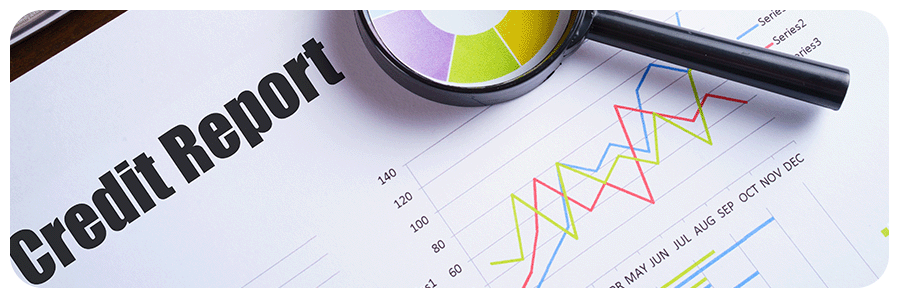 Your Credit Score and Payment History
Your Credit Score and Payment History
Your credit score is based on how and when you pay your bills.
Why do you have a credit report?
Businesses use your credit report to learn about your money habits. If you were lending money, would you trust someone who always pays late, or someone who pays on time? That’s how businesses decide whether to give you a credit card, a car loan, or approve other types of credit. Sometimes potential employers and insurance companies will also check your credit report. You can get a free copy of your credit report at Annual Credit Report.
How to boost your credit score
- Pay your bills on time: Set up automatic payments or reminders to ensure you never miss a due date. Missing a payment can lower your credit score.
- Reduce your debt: Keep your credit card balances low relative to your credit limit. Paying down debt shows your managing your finances responsibly.
- Monitor your credit report: Regularly review your credit report for errors or fraudulent activity. Disputing inaccuracies can help protect your score.
- Diversify your credit mix: Having a mix of credit types, like credit cards, loans, and mortgages, can improve your score. But only take on new credit when necessary.
- Keep old accounts open: The longer your credit history, the better. Even if you no longer use a credit card, keeping the account open can improve your score.
- Limit credit applications: Each application for new credit generates a hard inquiry on your credit report, which can temporarily lower your score. Only apply for credit when needed.

